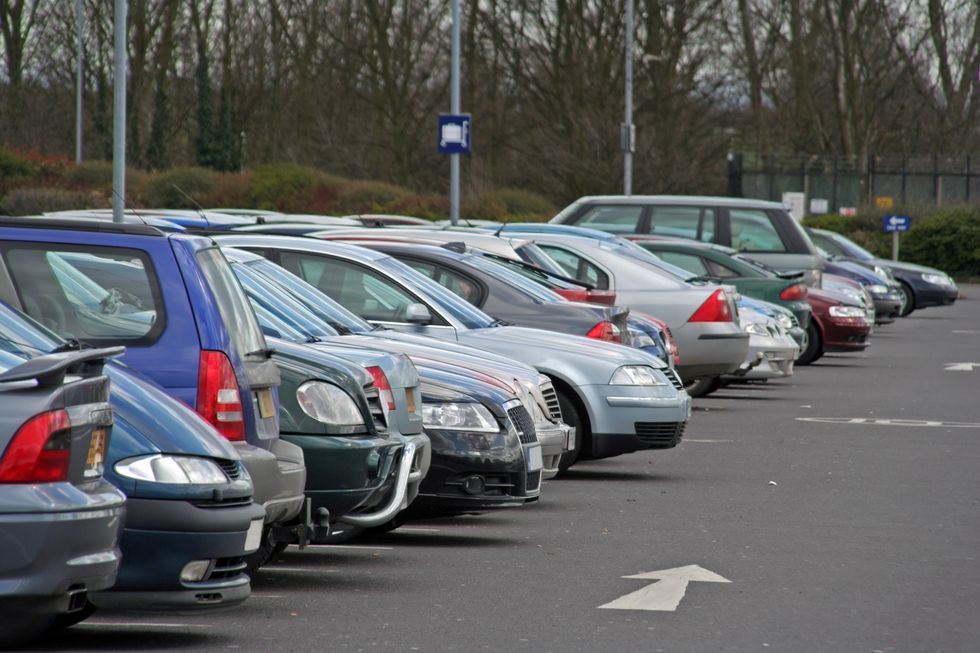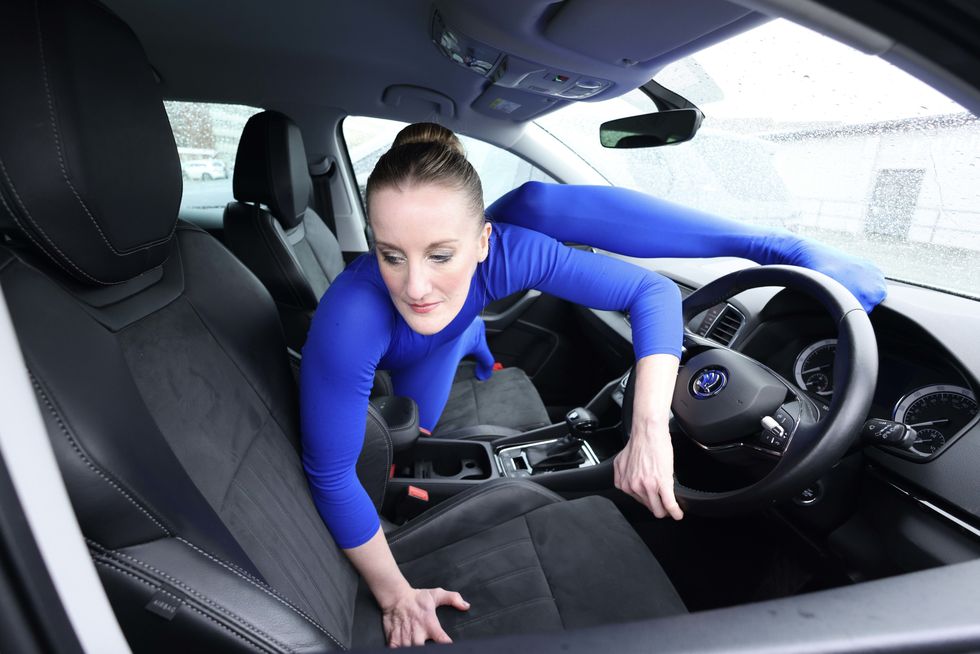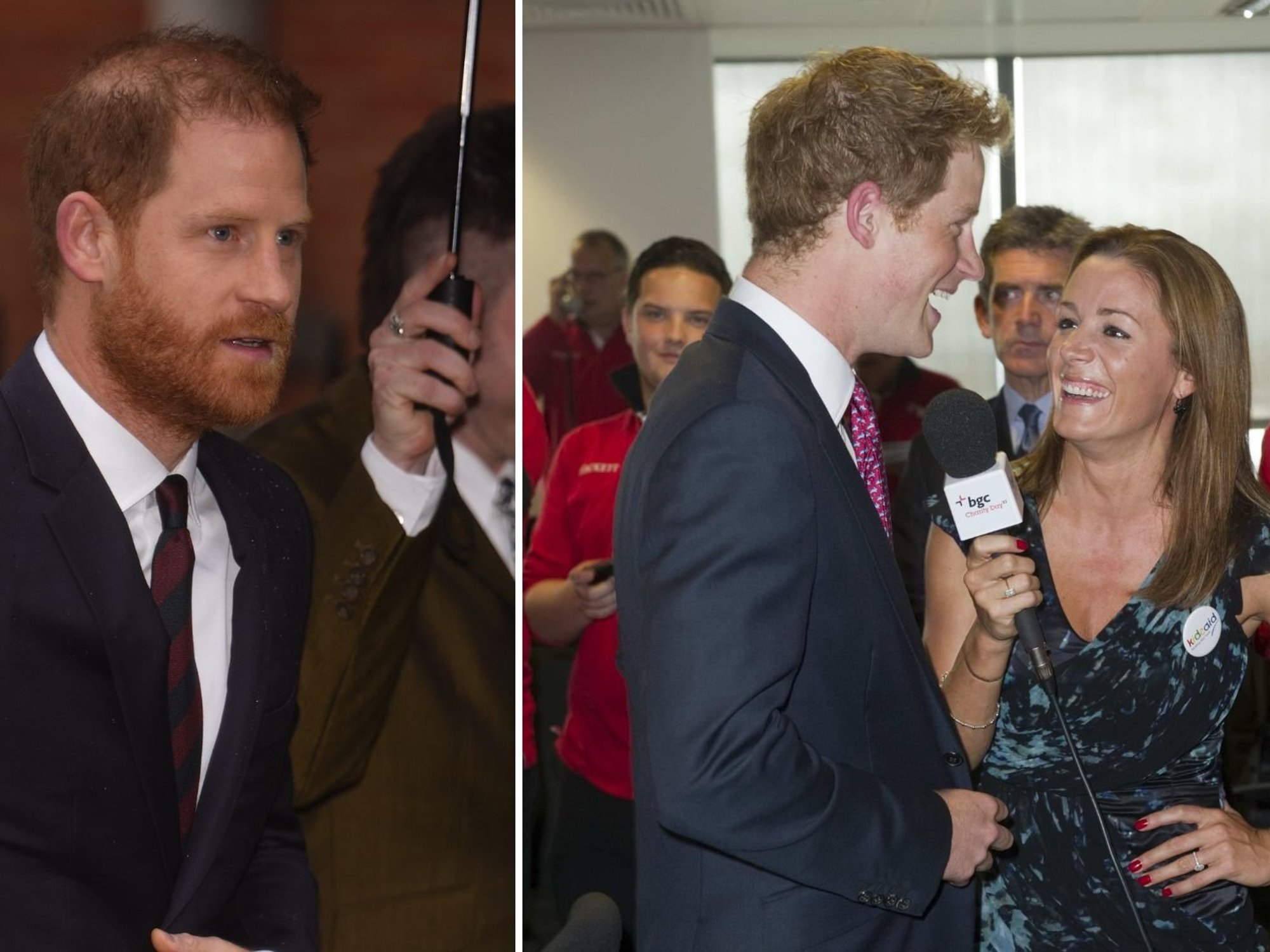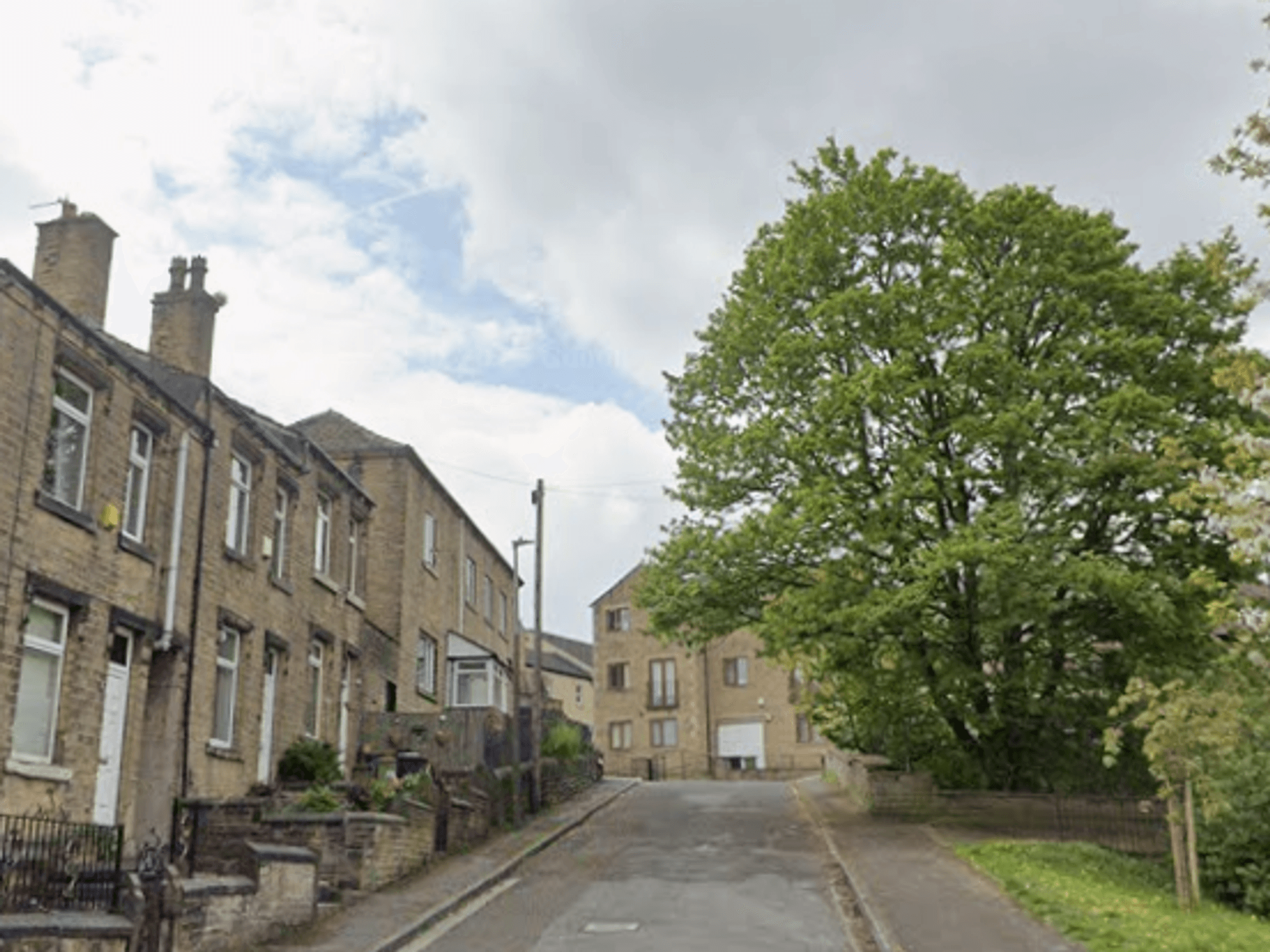Cars becoming too wide for parking spaces with drivers forced to squeeze in or risk huge repair bills

Damage caused by hitting other vehicles or scraping walls is estimated to cost around £424million annually
Don't Miss
Most Read
Drivers are being forced to squeeze into their cars because cars are getting wider despite parking spaces remaining the same size, new data has found.
Owners of the UK’s most popular cars have just 30 centimetres of space to get in and out of their car when they park next to another vehicle.
The small gap – equivalent to a school ruler or a box of cornflakes – is forcing drivers to become “car-tortionists” by bending and squeezing into their vehicles to drive off.
Shockingly, one in five drivers (22 per cent) said they had resorted to climbing into their parked car by going through the boot.
Do you have a story you'd like to share? Get in touch by emailing motoring@gbnews.uk

Drivers have an average of just 30cm of space to exit their vehicles
| GETTYThe research, from Churchill Motor Insurance, revealed that 75 per cent of people have been forced to squeeze into the car when parked next to another vehicle, with one in four saying they do this at least once a month.
Experts have put this down to the UK’s most popular family cars growing larger in recent years as Britons prefer SUV-type vehicles.
The Kia Sportage, BMW Mini and the Ford Puma have all increased by an average of 13cm from their launch to 2023.
A typical family car now measures 180cm wide, with guidelines for car parks recommending that the average car parking space be 240cm wide.
However, the guidance issued by the British Parking Association is from the 1970s and has not been updated recently, giving drivers just 30cm of space on each side of the car.
Nicholas Mantel, Head of Churchill Motor Insurance, said: “Ask almost any driver and they will have a story about having to creatively escape their car due to a lack of space when in a car park, even crawling out through the boot.
“Widening cars combined with parking bays that haven’t been redesigned to accommodate today’s models, means motorists all over the country are at risk of damaging their cars through no fault of their own.”
Of the most popular family cars on the UK market, the Mini has seen the biggest increase in width, growing by a staggering 33cm since its launch in 1955, followed by the Corsa growing 23cm since 1982.
More than half of motorists have said the only way to enter their car is through the passenger door as there wasn’t enough space to open the driver’s door.
This has caused 57 per cent of Britons to regularly avoid car parks altogether, as well as avoiding empty spaces (83 per cent) and letting passengers out before parking (75 per cent) to avoid damaging their own or other people’s vehicles.
This has also led to a huge jump in the amount of damage caused by people hitting other vehicles or scraping walls, estimated to cost around £424million every year.
One-third of drivers said they have had their car damaged in the last year, with the average cost of repairs now hitting £223.50.
LATEST DEVELOPMENTS:
- Driving licence changes calling for tougher restrictions on young motorists to boost road safety rejected
- Motorists being ripped off by car insurance providers not paying out 'fair prices' for compensation
- Driving law plans could see 2035 car ban ditched and electric vehicle grants scrapped - 'Enough is enough!'

Experts have warned that drivers need to become 'car-tortionists' to get out of cars
|PA
Just seven per cent said the person who caused the damage had paid, while 37 per cent admitted the damage was still there.











